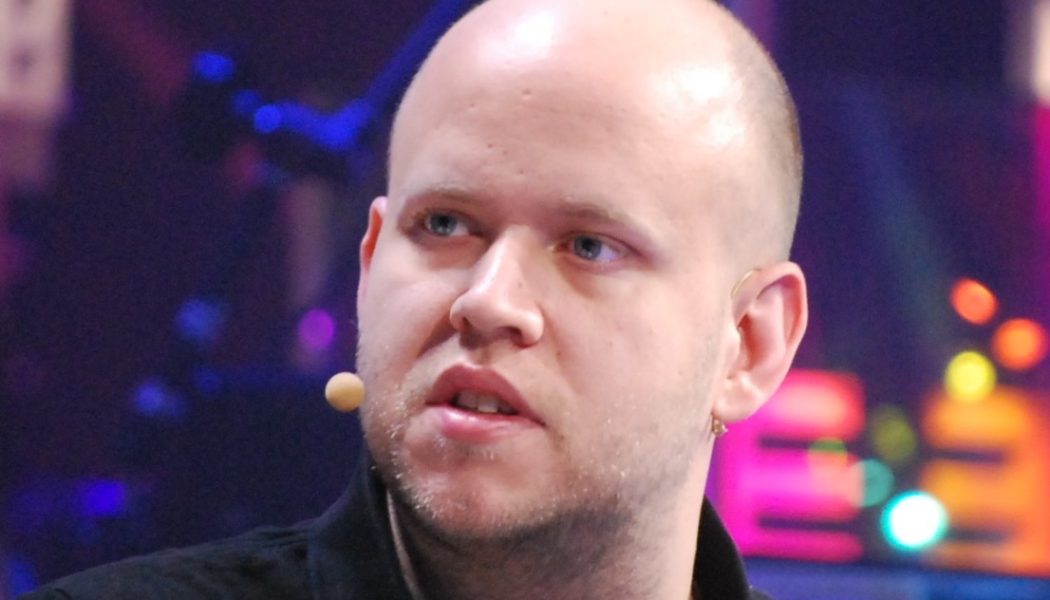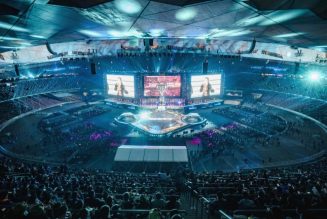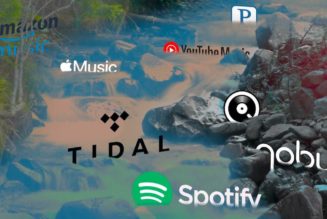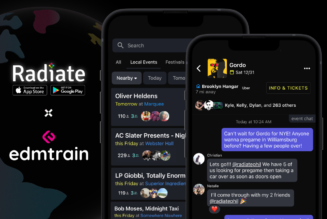Digital service providers Spotify, Apple Music, Google, and Pandora have submitted paperwork stating what they believe songwriters’ royalty rates should be for the years 2023 to 2027.
The Copyright Act states that every five years Copyright Royalty Judges oversee discussions to determine what streaming services like Spotify and Apple Music pay as a mechanical royalty rate to songwriters and publishers. These platforms are notorious for incredibly low payout rates and “exploitative practices” when it comes to paying music creators.
The National Music Publishers Association (NMPA) has fought for higher mechanical royalty rates for music publishers and songwriters. The organization’s president and CEO, David Israelite, said that these proposed rates have “momentous consequences for songwriters and music publishers.”
He added that songwriters and publishers should take note of these filings because it goes to show just how little these streaming giants care about the artists and songwriters that keep their platforms afloat.
“Amazon, Spotify, Apple, Pandora, and Google have proposed the lowest royalty rates in history,” Israelite told Music Business Worldwide. “Not only do they propose rolling back rates and terms to erase all gains over the last 15 years, but they actually are proposing a structure worse than at any point in the history of interactive streaming.”
The NMPA has proposed a bigger formula that’s more favorable to songwriters and publishers:
- 20% percentage of revenue; or
- 40% of what record labels and artists receive; or
- $1.50 per subscriber; or
- $0.0015 per play
In January 2018 songwriters urged the United States Congress to pass the Music Modernization Act, which President Trump signed into law in October 2018.
Recommended Articles
This was a significant step forward in the digital era of music, ensuring songwriters received royalties on songs before 1972. It also designated funds for music producers and updated licenses for royalty rules and streaming services so they remit payments in a more efficient method.
“[Music creators] were treated very unfairly,” Trump said after signing the Music Modernization Act. “They’re not going to be treated unfairly anymore.”
Unfortunately, however, songwriters and musicians have continued to battle with the large corporate streaming platforms to achieve equal pay.
The Music Modernization Act also designed the Mechanical Licensing Collective (MLC) to collect and distribute royalty payments. “As of January 1, 2021, songwriters and music publishers must register with the MLC using its online claiming portal to receive royalty payments under the new blanket license,” reads the Copyright.gov website.
Songwriters and music publishers have been in an ongoing legal battle with the Copyright Royalty Board (CRB). In January of 2018, the CRB ruled that mechanical uses and streaming royalties would increase 44% between 2018 and 2022.
The revenue for songwriters increased from 10.5% to 15.1% between 2018 and 2022 and marked the biggest rate increase the CRB has ever approved.
The CRB then ratified their decision after the final rates and terms for songwriters were published. Spotify, Google, Amazon, and Pandora opposed the CRB’s ruling in March of 2019. Music advocacy group Songwriters of North America (SONA), which was co-founded by Kay Hanley, Michelle Lewis, and entertainment lawyer powerhouse Dina LaPolt, reportedly condemned their decision.
“There are many fronts to the war for higher and fairer rates, but we hope that the entire music industry will unite in supporting our efforts in these pivotal cases as they will dictate the future of the streaming economy,” Israelite told Music Business Worldwide.












